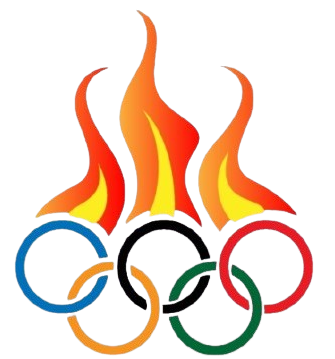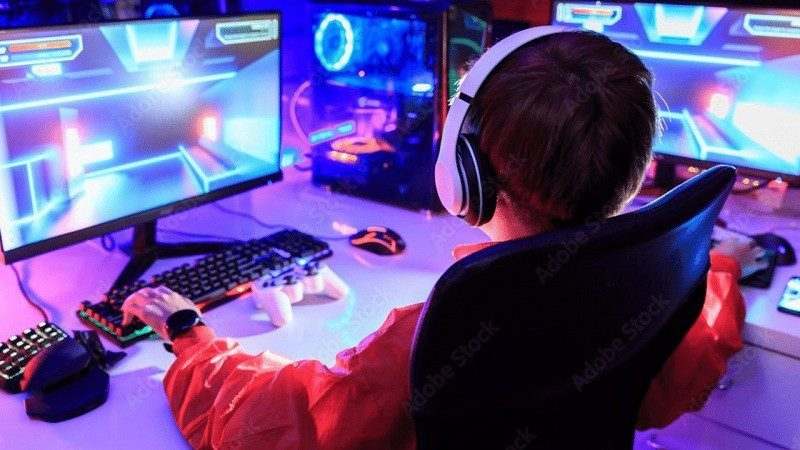The world of esports has grown from a niche subculture into a global phenomenon. With millions of fans, billion-dollar investments, and tournaments that rival traditional sports in scale and spectacle, esports is no longer just a hobby—it’s a career, a community, and a movement.
Among the many organizations rising within this digital arena, ProjectRethink.org Team Esports stands out. Not because they dominate every leaderboard (though they are highly competitive), but because of their unique approach to gaming: blending competition, education, mental wellness, and social impact into a single, unified mission.
This article dives deep into who they are, how they operate, what they’ve achieved, and why they are helping to reshape the future of esports.
1. The Origin of ProjectRethink.org Team Esports
ProjectRethink.org began as a broader initiative aimed at rethinking systems—whether in education, technology, or community development. The esports division grew from this mission, with a specific purpose: to challenge the norms of competitive gaming by creating an organization that prioritizes more than just winning.
The team was launched by a group of educators, mental health professionals, gamers, and tech innovators who saw esports as an opportunity—not just for competition, but for inclusion, learning, mentorship, and change. They believed that a gaming organization could develop talent both in-game and in life.
2. Structure and Team Philosophy
2.1 A Holistic Support System
Unlike traditional esports teams that focus solely on gameplay and results, ProjectRethink.org employs a holistic model. Each player is supported not only by coaches and analysts, but also by wellness professionals, tutors, life coaches, and community managers.
The idea is simple: if you take care of the whole person, they’ll perform better—on the screen and off.
2.2 Inclusive Leadership and Culture
Leadership within the organization is collaborative and inclusive. Players are encouraged to participate in decision-making processes about team policies, event planning, and even recruitment. This creates a sense of ownership and belonging that fosters stronger team cohesion and accountability.
The team cultivates a culture where empathy leads, voices are valued, and emotional insight is as vital as technical skill. Toxic behavior, often tolerated or ignored in competitive environments, is actively addressed through education and consistent team standards.
3. Training and Development
3.1 Game-Specific Coaching
ProjectRethink.org fields teams in major titles such as:
- Valorant
- League of Legends
- Overwatch 2
- Rocket League
- Fortnite
Each team receives expert coaching in game mechanics, strategy, and teamwork. Training sessions are carefully scheduled to avoid burnout and ensure players maintain a healthy balance between practice and rest.
3.2 Mental and Physical Wellness
Players follow personalized wellness plans that include:
- Physical fitness routines
- Mental health check-ins
- Nutritional guidance
- Sleep and recovery planning
These efforts help players avoid the burnout and stress-related issues that plague many in the esports industry.
3.3 Performance Analytics and Technology
ProjectRethink.org harnesses data as a compass for growth, guiding players with insight—not burdening them with expectation. Game statistics, reaction times, and in-game decisions are analyzed in a supportive environment.
The organization also experiments with VR simulations and biometric feedback to enhance player training and stress management techniques.
3.4 Education and Life Skills
Education is a priority. Players under the age of 25 are encouraged—or even required—to continue their academic learning while part of the organization.
ProjectRethink.org provides:
- Academic tutoring
- Time management workshops
- Career development support
- Financial literacy training
This equips players not only for the next match, but for the journey far beyond the game screen.
4. Achievements and Competitive Success
Despite their alternative approach, ProjectRethink.org has seen remarkable competitive success.
4.1 Tournament Highlights
First place in several regional and national tournaments
Consistent top-eight finishes in international online leagues
Recognized for having one of the lowest player turnover rates in competitive esports
Their players are not only skilled, but resilient, disciplined, and team-oriented—qualities that consistently lead to strong performances under pressure.
4.2 Talent Development
Many team members have started as unknown or overlooked players and developed into world-class competitors. Some have gone on to careers as:
- Game designers
- Coaches
- Streamers
- Community managers
These success stories underscore ProjectRethink.org’s ability to build long-term success, not just short-term wins.
5. Inclusion, Diversity, and Social Impact
5.1 Representation Matters
ProjectRethink.org actively recruits and supports players from underrepresented groups, including:
- Women and non-binary individuals
- LGBTQ+ gamers
- Players with disabilities
- Gamers from economically disadvantaged backgrounds
They run targeted outreach programs, mentorship pipelines, and community events designed to bring more diverse voices into competitive gaming.
5.2 Community Engagement
The organization regularly hosts:
- Free esports camps and bootcamps for teens
- Mental health awareness streams and discussions
- Open tournaments that prioritize inclusion over elite performance
- Fundraisers for local causes and charities
These initiatives are part of their effort to show that esports can be a force for good, not just entertainment.
5.3 Accessibility
All team content, streams, and events are designed to be as accessible as possible—with captioning, translation options, and accommodations for those with sensory or mobility issues.
6. Environmental Responsibility
ProjectRethink.org recognizes the environmental impact of esports—from electricity usage to hardware waste. In response, they’ve committed to:
- Using energy-efficient gaming hardware
- Hosting digital events to reduce travel emissions
- Recycling and donating older equipment
- Supporting reforestation programs
These efforts demonstrate a commitment to sustainability that goes beyond optics—it’s embedded in how the team operates.
7. Challenges and Resilience
No organization is without obstacles. ProjectRethink.org faces challenges including:
7.1 Balancing Competition with Ethics
Maintaining competitive performance while sticking to their holistic values isn’t always easy. Some tournaments demand grueling schedules and long hours. The team’s approach sometimes puts them at odds with traditional esports organizers, who may prioritize entertainment and ratings over player wellness.
7.2 Funding and Independence
As an organization that doesn’t rely heavily on flashy sponsorships or big media deals, ProjectRethink.org operates on a tight budget. They’ve opted for fewer but more ethically-aligned partners, which can sometimes limit financial resources.
Still, they remain committed to their principles, even if it means slower growth.
7.3 Changing Industry Norms
The esports world is competitive, fast-paced, and often resistant to change. ProjectRethink.org must work harder to earn respect, prove their model, and inspire others to adopt more ethical practices.
8. Future Plans
ProjectRethink.org isn’t content with the status quo. They are actively planning for the future, including:
- Expanding into more games and regions
- Opening new training hubs in underserved areas
- Launching a digital esports academy with free resources
- Publishing research on mental health and player development
- Hosting international summits to promote ethical esports
Their ultimate goal is to create an ecosystem where players, fans, and developers can thrive together.
Conclusion
ProjectRethink.org Team Esports is more than just a group of gamers—it’s a blueprint for the future of competitive gaming. By combining skill, purpose, and empathy, they show that it’s possible to win while also uplifting others, protecting player well-being, and building a better gaming culture.
They are proving that when you rethink how a team operates—how it supports its players, connects with its community, and impacts the world—you can do more than win games. You can redefine what it means to play with purpose.
As the esports industry continues to grow, organizations like ProjectRethink.org remind us that the best teams aren’t just the ones at the top of the leaderboard—they’re the ones building something meaningful, sustainable, and inclusive for everyone.

